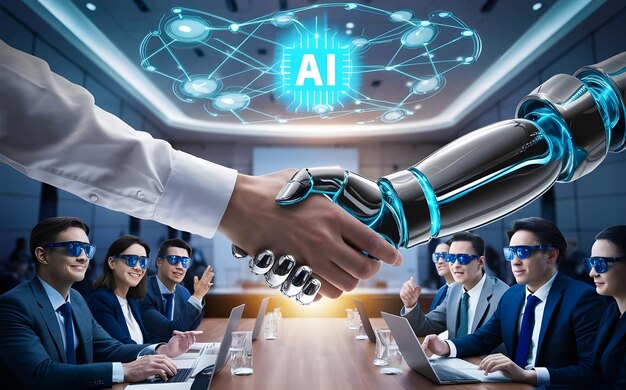The OpenAI Talent Exodus: A Golden Opportunity for AI Rivals
Recently, OpenAI, one of the leading artificial intelligence (AI) research labs, has seen a mass exodus of top talent. With
Elon Musk
stepping down as chair, and other high-profile departures including
Anthony Aguirre
, former CEO, and
Ian Goodfellow
, the godfather of generative adversarial networks (GANs), the future of this influential organization is uncertain. This
brain drain
represents a significant opportunity for
AI rivals
, who can now attract and recruit these highly skilled individuals to bolster their own research efforts.
The departing talent from OpenAI boasts an impressive
CV
. Among them, Aguirre brings valuable experience in leading complex organizations and driving innovation. Goodfellow’s groundbreaking work on GANs has earned him a reputation as a thought leader in the field, while Musk’s involvement and support have provided significant resources and exposure for OpenAI. With these individuals now up for grabs, it is likely that other major AI players, such as
Google DeepMind
and
Microsoft Research
, will be eager to poach them.
The impact of this talent exodus on OpenAI remains to be seen. However, it is clear that the departing individuals will bring significant value to their new employers. With this influx of talent, these rival organizations stand a better chance of making critical breakthroughs in the rapidly advancing field of AI. Conversely, OpenAI may face challenges in maintaining its competitive edge and retaining its reputation as a leading research lab.
This situation also highlights the importance of fostering a supportive, innovative work environment. Talent retention, which is essential for long-term growth and success, relies on more than just competitive salaries and benefits. Providing opportunities for personal and professional development, as well as a positive work culture, can help keep top talent from being lured away by competitors.
In conclusion, the OpenAI talent exodus presents a golden opportunity for rival AI organizations to attract and retain top talent. This brain drain could have far-reaching implications for the field of artificial intelligence, as these individuals bring their expertise and knowledge to new projects and initiatives.

OpenAI: A Pioneer in Artificial Intelligence (An Overview)
OpenAI, a non-profit research organization founded in 2015 by Elon Musk and Sam Altman, has emerged as a major player in the artificial intelligence (AI) community. With a mission to “advance digital intelligence in a way that is safe and beneficial for humanity,” OpenAI has attracted significant funding from sources like Musk, Reid Hoffman, Peter Thiel, and Microsoft. The organization boasts collaborations with leading tech giants and a roster of top AI researchers, aiming to revolutionize the field. Some of their notable contributions include developing the popular Dota 2-playing bot “OpenAI Five,” publishing research on reinforcement learning, and launching an open-source platform for collaborative AI development: Gym.
Brain Drain at OpenAI
The innovative spirit at OpenAI, however, has not been without its challenges. A recent trend of talent departures from the organization has raised concerns. Reasons for this exodus include a lack of job security, feelings of burnout, and the desire to explore commercial applications. These departures have led to a noticeable impact on OpenAI’s research and innovation.
The Importance of Talent in the AI Industry
In a rapidly evolving industry like AI, human expertise plays a crucial role. Top talent is essential for pushing the boundaries of knowledge and driving innovation. The competitive edge that these individuals provide can determine which organizations thrive in this highly dynamic field.
